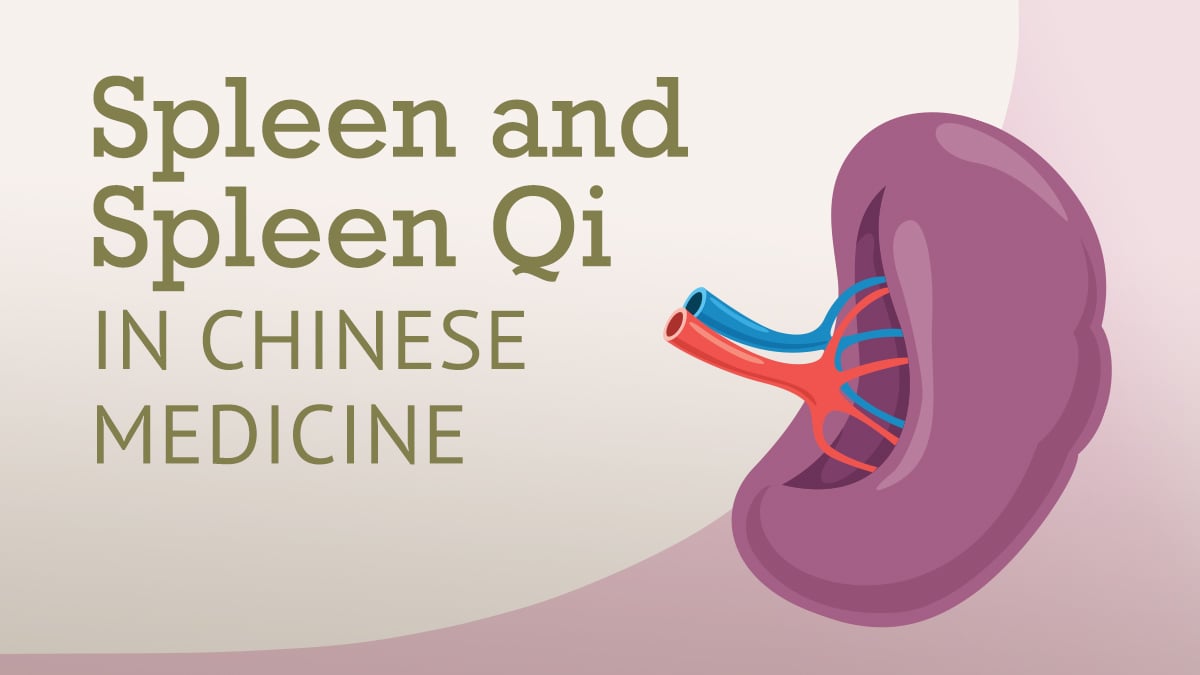Your cart is currently empty!
Da Ji
English Name: cirsium, Japanese thistle, plum thistle
Literal Translation: “big thistle“
Pharmaceutical Name: Herba seu Radix Cirsii Japonici
Medica Category: Stop-Bleeding Herbs
Properties: Da Ji enters the Liver and Heart channels; it is sweet and bitter in nature and cool in temperature.
What is Da Ji?:
The Chinese Herb Da Ji comes from the Japanese thistle (Cirsium Japonicum DC.), a small perennial herb that grows on sunny slopes and in woodlands in Japan and parts of East Asia.
Traditional Chinese Medicine (TCM) Therapeutic Actions of Da Ji:
Da Ji cools the blood to stop various kinds of bleeding where the blood is bright red (due to blood heat), such as nosebleeds, coughing up blood, or metrorrhagia (irregular spotting or bleeding between periods). The fresh juice of Da Ji is most effective at this action. Charring Da Ji increases its astringent property and guides it to deeper levels in the body (the xue level) in order to stop bleeding.
Da Ji disperses blood stagnation and reduces abscesses and swellings. It can be used internally or topically depending on the circumstances.
Da Ji enters the Liver channel and can be used to address damp-heat jaundices arising from Liver heat/Fire.
The roots of Da Ji have been used in the modern practice of TCM (in China) to lower hypertension.
Da Ji has similar properties to Xiao Ji (bristly thistle), and they are often used together as they have a synergistic effect to clear heat and cool the blood.
**safety notes:
Da Ji invigorates blood and should be used with caution/under supervision during pregnancy.
Da Ji should be used with caution for those who do not have signs and symptoms of Blood Stagnation
Da Ji is bitter and cold in nature and thus hard on the Spleen and Stomach (i.e. digestion) and should therefore be used with caution in persons with Spleen and Stomach deficiencies.
Da Ji is the pinyin name for two different herbs with completely different functions: Japanese thistle (Herba seu Radix Cirsii Japonicum) and euphorbia root (Radix Euphorbiae seu Knoxiae) and so care should be taken in written and verbal communications to make sure the proper herb is chosen for use.



